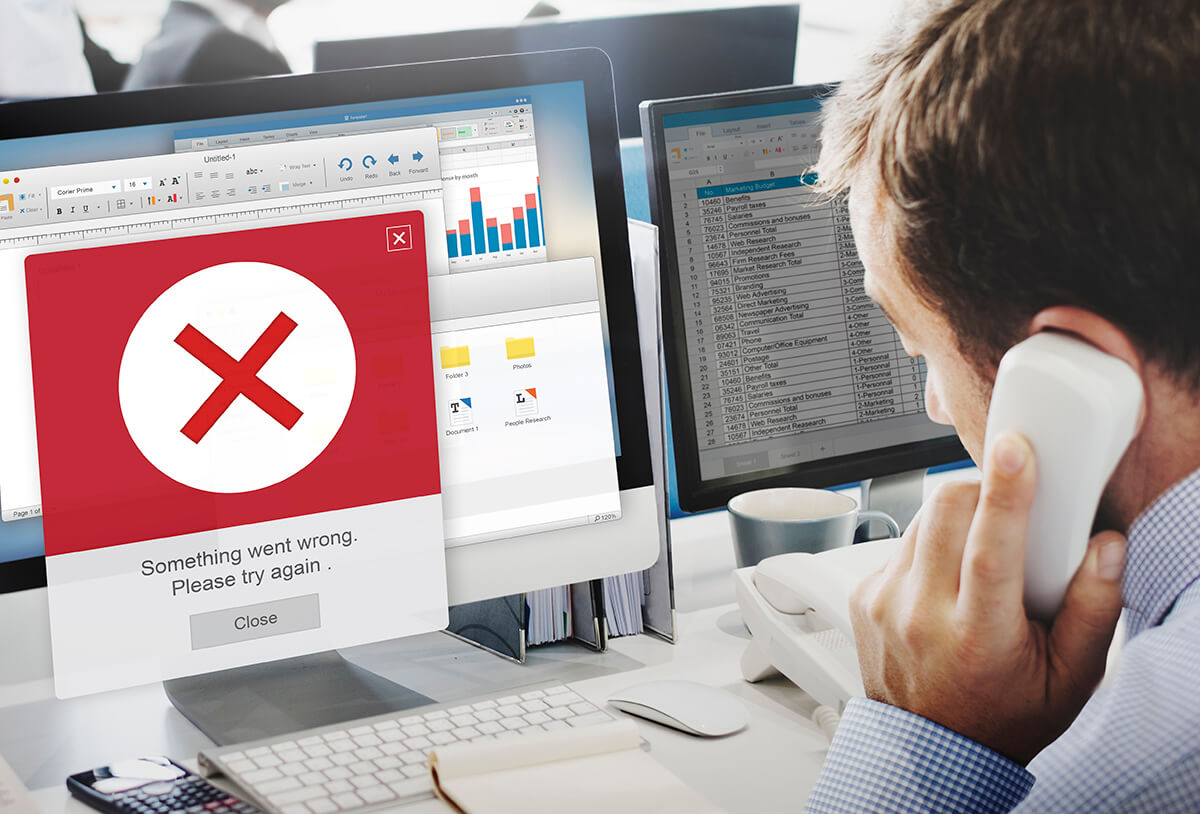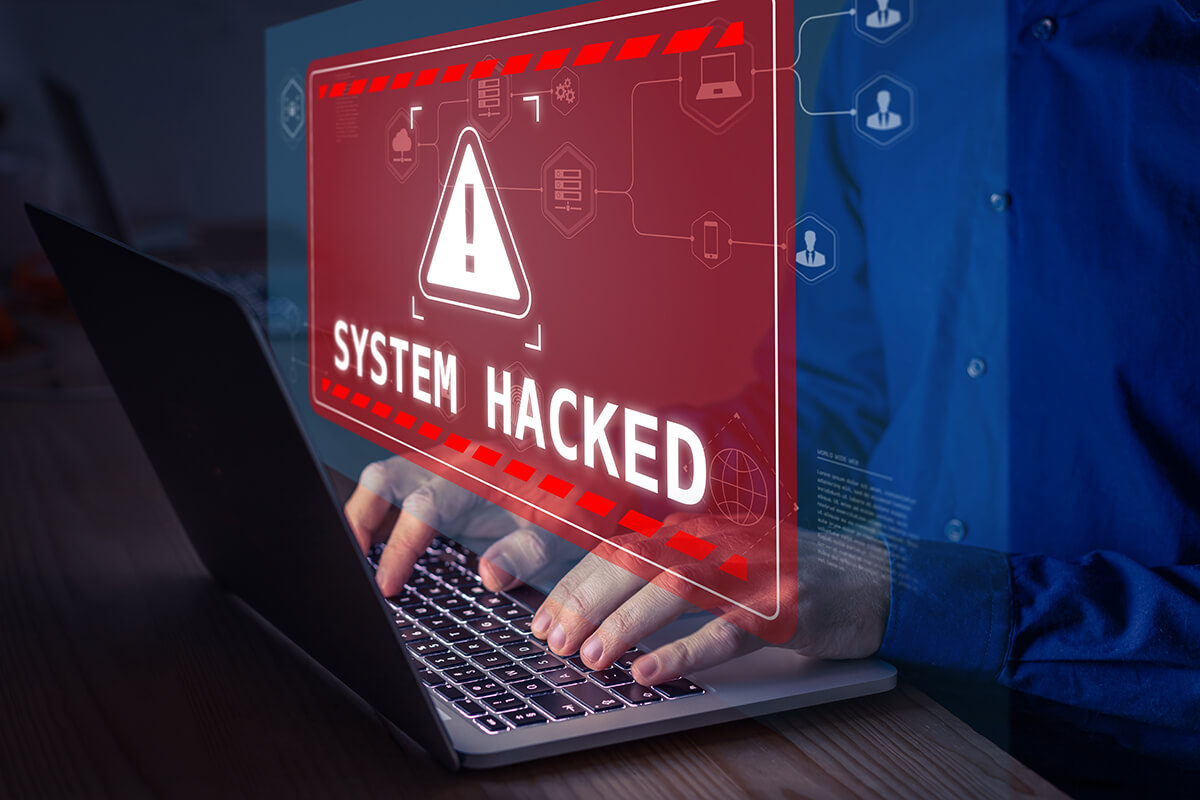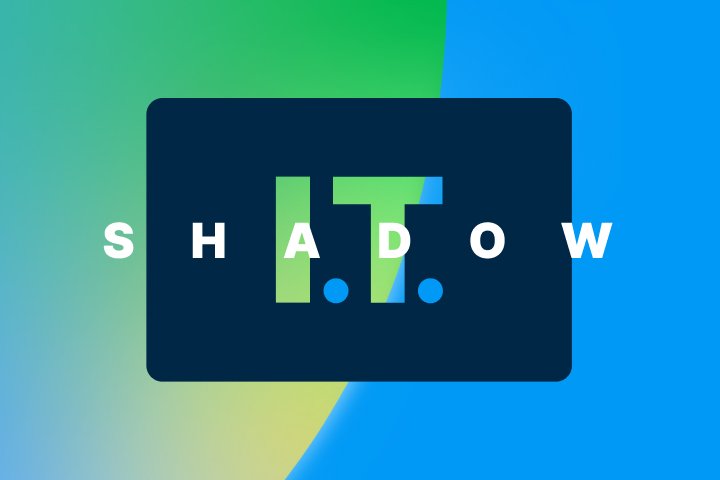Why are cybercriminals targeting small and medium businesses (SMBs)? For one, they are seen as easier targets than large enterprises. They often have less sophisticated security measures in place, possibly failing to use dedicated data loss prevention software, making it easier for hackers to gain access to their data. Additionally, smaller businesses may not have the resources to invest in the latest security technologies and DLP solutions, leaving them vulnerable to cyber threats.

But based on our experience, smaller businesses tend to underestimate cyber security, which is ironic considering how devastating the impact of a data breach can be for these businesses.
The good news is that implementing effective data protection strategies is easier and more cost-effective than ever before.
The devastating consequences of data loss
A huge company may suffer more attacks than a small organization, but it also has much larger resources to leverage when dealing with the aftermath. So even though you probably won’t find yourself on our annual biggest breaches list, your business could still be wiped right off the map.
Financial loss isn’t the only repercussion SMBs face following a data leak. Loss or theft of sensitive information can cause:
- Brand damage
- Loss of business secrets
- Decrease the value of company stock
- Regulation violations and fines from authorities

Any of these can be tough to overcome for any company, but for SMBs, they are potentially disastrous.
But let’s back up. What data should SMBs be worried about protecting, and what are the specific data security threats they face?
What types of sensitive data do SMBs own?
One of the most important things to remember is that sensitive data is the most valuable asset that your company can possess. The reality is that almost all businesses have personally identifiable information (PII) or protected health information (PHI) on their networks.
The most common types of data that companies generate include:
- Customer information
- Credit card numbers
- Personal phone numbers
- Addresses
- Social security numbers
- Email addresses
- Medical and payment records
- Salary information
- Strategic and business plans
- Data about employees, customers, or contractors
And so, maybe surprisingly, every company, especially those with limited budgets, should prioritize securing their sensitive data.
Cyber Crimes Affecting SMBs
Before we talk about the biggest external cyber security threats, it’s important to keep in mind that the latest studies have shown that up to 95% of data leaks are caused by insiders. More than half of these are unintentional, proving the importance of educating your employees.
Internal threats include:
- An email sent to the wrong address
- A lost or stolen device
- A former employee taking client lists
- Clicking on a phishing campaign
Learn more about insider threats, their causes, and solutions.
According to the ITRC's 2022 Q1 Data Breach Analysis, 92% of data-compromising incidents were a result of a cyber-attack. SMBs are often targeted because they may have weaker security systems in place, making them more vulnerable to these types of attacks.
The top external cybercrimes affecting smaller companies
Phishing
Phishing attacks involve a cybercriminal convincing an individual to provide sensitive information through email. The hacker poses as a trusted entity to trick the person into divulging usernames, passwords, account numbers, etc. Those are then used directly or indirectly for the financial gain of the hacker.
Phishing can also happen via phone, text message, or social media. Learn more about phishing.
Malware
Malware is a type of software that infects a computer or network. It’s installed without the user’s knowledge and can be spread through phishing emails, for example, in an email attachment or through a link that the user clicks on.
The goal is anything from gathering sensitive data or spying on a user’s activity to crashing the entire system.
Ransomware
Ransomware is a special type of malware, and it does exactly what it sounds like it does. Ransomware locks up your computer or encrypts your data and demands payment for access to be restored and the ransomware to be removed.
DDoS
DDoS attacks can be really harmful to SMBs because they disrupt the business’ normal operations by overwhelming its servers and/or internet connection. A DDoS attack sends so much traffic to a computer or network that it comes to a standstill, causing websites to crash and ultimately stopping people from buying products or using online services.
Safetica offers DLP software perfect for SMBs
Data loss prevention (DLP) has always been one of the most critical components of a comprehensive security strategy, but now, with the expansion of digital tools and remote workspaces, your focus on DLP should be higher than ever.
A cloud-native, dedicated DLP is the perfect solution for smaller businesses. Why? You don’t need your own servers or databases. Safetica NXT is designed to run efficiently and reliably in the cloud. Start detecting insider threats and risks, preventing data leaks, and recording incidents in a matter of minutes.
We believe that security should never be at the expense of productivity, no matter how complex your organization’s ecosystem is. We make sure to work with organizations in a way that takes the stress away, not piles it on.
Next articles

Hidden Data Everywhere: Why It’s Important to Have Complete Visibility for Data Security
Modern work creates blind spots across shadow IT, AI tools, personal devices, and third-party services. This article explains why visibility is essential for effective data discovery and stronger data protection.


